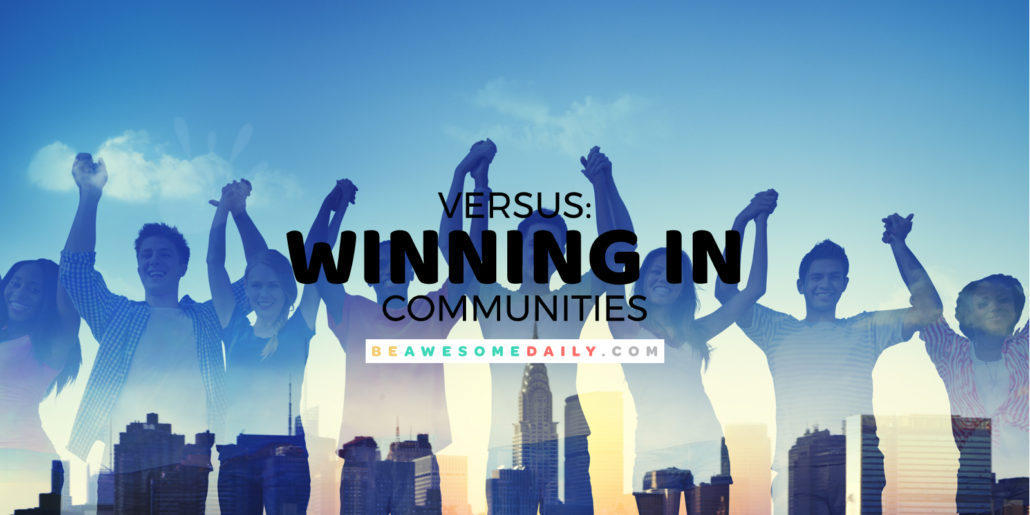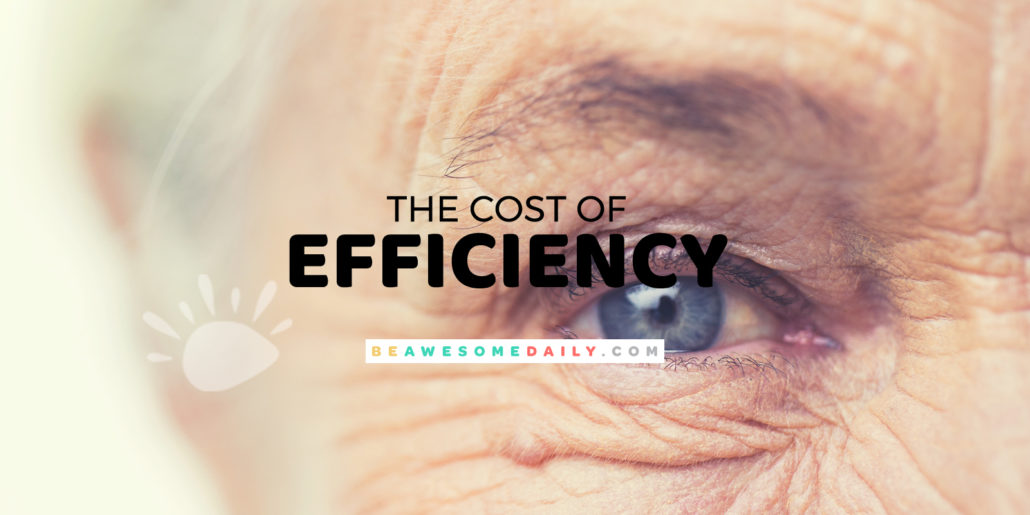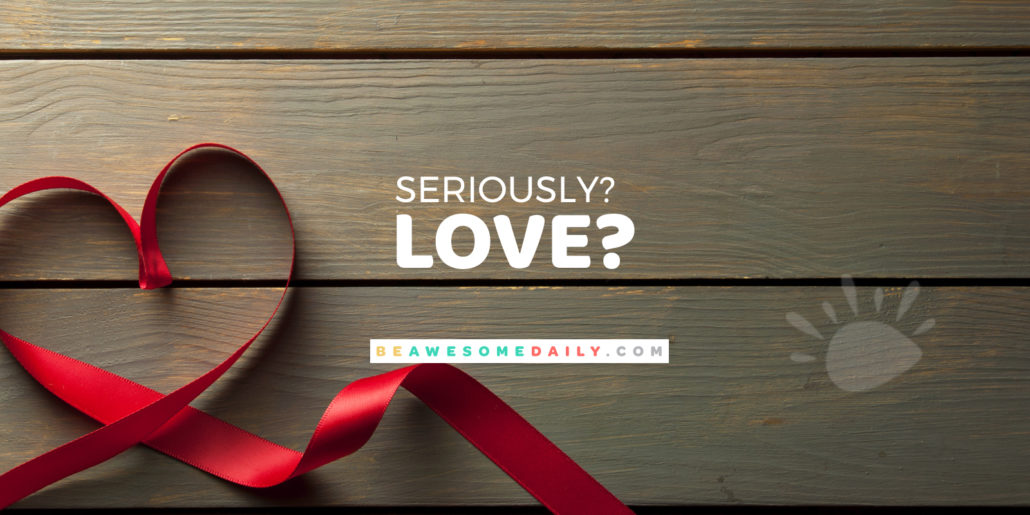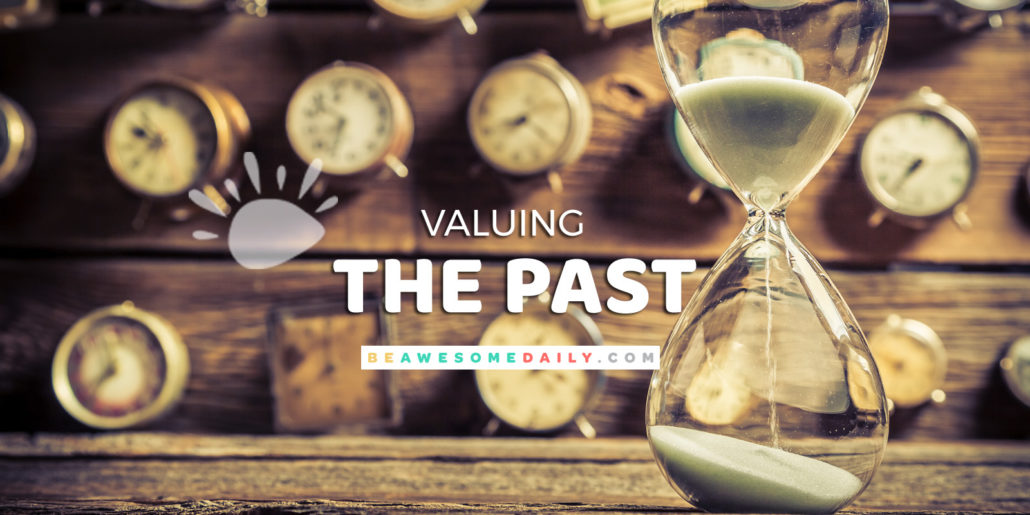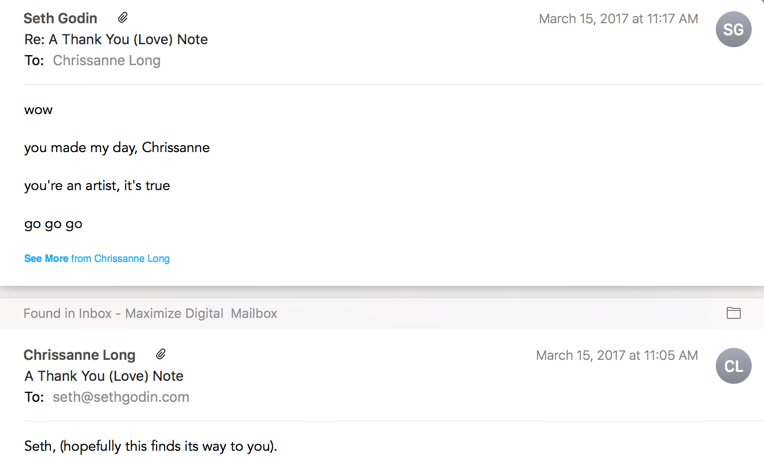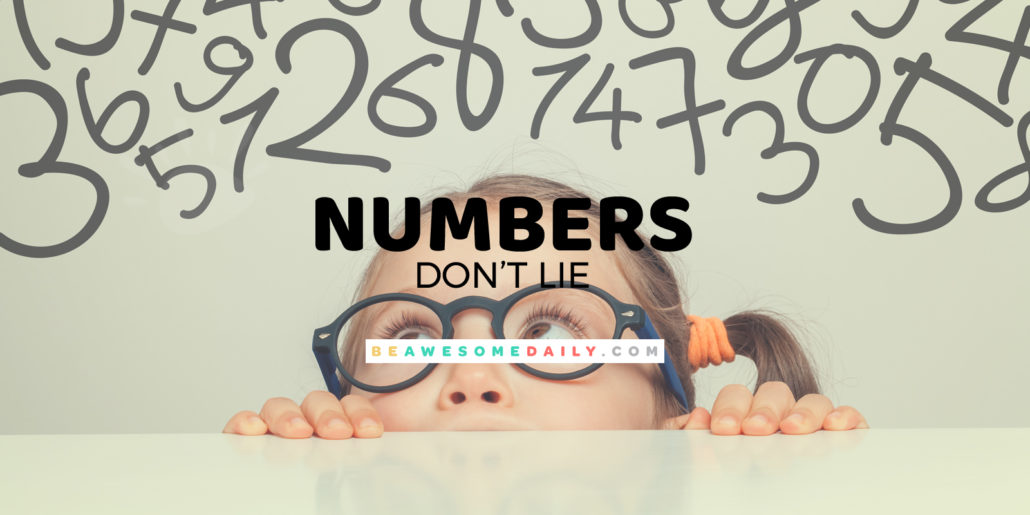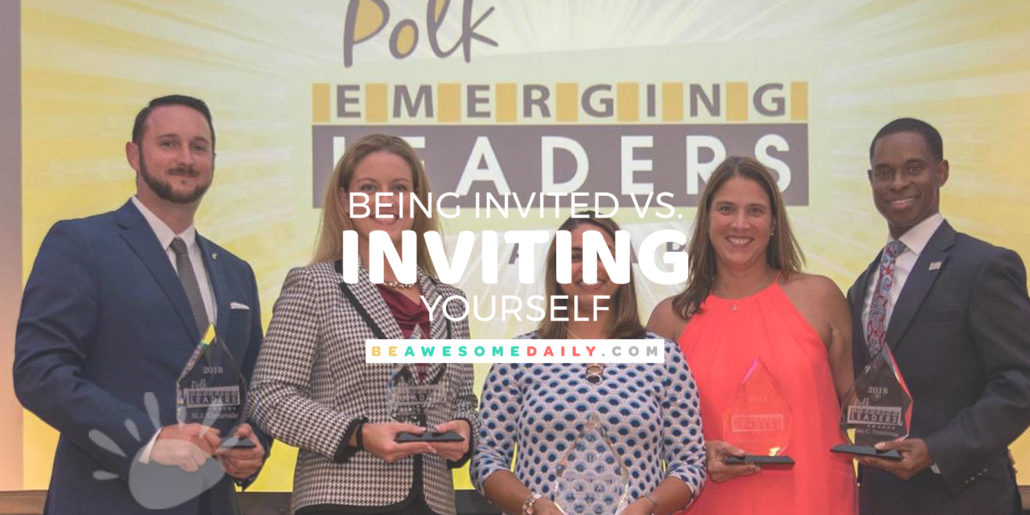
I was thinking about the beginning. The first days, months and now years of what I think of as “Reinventing Chrissanne Long.” Last night I was recognized as an Emerging Leader in Polk County. I joined an elite group of individuals who have been honored with this distinction over the last 8 years.
As I realized that I had been selected, I was overcome with emotion – humbled by the feeling of being recognized in this way, but also thrilled at the realization that what I am doing is making a difference, at least, in the eyes of the people selecting the winners of this beautiful collection of Polk County leaders who are choosing to lead in their chosen professions.
Leadership is a choice. That is what I have come to understand.
Every single day, each of us wake up with the same number of hours. We look out at the day ahead of us and, depending on our DNA, our gender, our backgrounds, our education, and our emotional state, we make choices.
Over time, the fact that these are choices is forgotten and we begin to feel as if these are requirements. We have to go to work, we have to pay our bills, we have to read that email, or answer that call.
But no matter how much these things feel like requirements, they are always choices.
Always.
I was selected, but that isn’t the whole story. I was nominated, and I accepted the invitation and completed an application to be considered for this award.
But, what if I had never been nominated? What if I had not been selected? What if what I am doing wasn’t seen as valuable in the eyes of the community I love so hard? What if nobody noticed, or cared about the work I was doing?
Being invited to join this group of amazing people is a wonderful feeling.
But the greatest and most exhilarating reward is the feeling that I invited myself to the conversation. I made the choice to show up and do the work, and take risks and bring value.
In those early days, I didn’t know if it would work. But I chose to try anyway, because it was all I knew to give – and it was important to me that I started, that I just BEGAN doing something, no matter how small it seemed.
Nobody asked me to do this. No invitations were sent.
Nobody gave me an instruction manual and said, “Here, go do this.”
And there wasn’t any requirement that I keep showing up. People would have understood (or not noticed, or cared) if I had decided to quit along the way.
It was always my choice.
If there’s any lesson in this moment. If there’s any reason I stood on stage with those amazing young people who show up and do great things, it’s this:
Whether or not you are ever recognized, the work you do matters. The days, months and years you choose to show up, and do something- big or small – and do that over and over and over again – that little contribution you’re making is important, because YOU know that it feels scary, awkward, uncomfortable and insignificant. And when you do it anyway, when you continue to choose to contribute, and be YOU, whether or not you are invited… that is the stuff that fills us with satisfaction.
That is the real purpose of life. That is what Leadership is. That is who we are all capable of being, even when we’re looking at this big scary world, filled with all these incredible people, and we think, “That’s not me, I am not a Leader, I’ll never be good enough.” We have to make a choice to do it anyway.
Because it’s not about the applause. It’s about making the world better, and it’s about making ourselves better along the way.
It’s about inviting yourself. That’s where it starts anyway.

